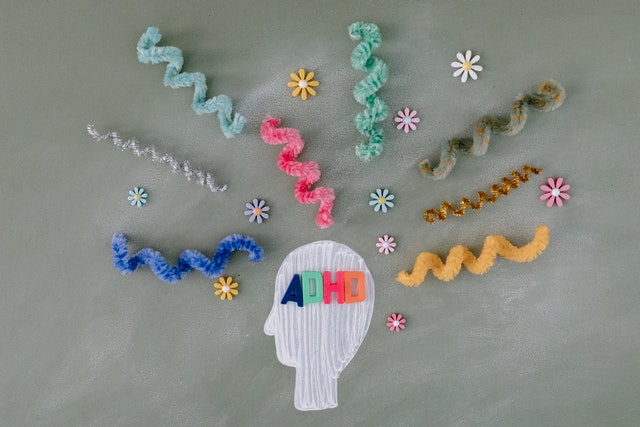ADHD and trauma often go hand in hand, with individuals struggling with the effects of both conditions. This article takes an in-depth look at how ADHD and trauma are linked, and provides insight into research-backed methods for managing their co-occurrence.
Defining ADHD and Trauma.
Attention Deficit Hyperactivity Disorder (ADHD) can be defined as a chronic disorder that starts in childhood and is marked by symptoms of impulsiveness, inattention, and hyperactivity. Trauma, on the other hand, occurs when a person is exposed to an event or events where they experience intense fear, helplessness, horror or terror. The impact of these feelings can leave lasting psychological repercussions; people may struggle with depression and anxiety as a result of their traumatic experience.
Symptoms of ADHD and Trauma Experiences.
Individuals with ADHD often experience difficulty in controlling their emotions and are easily overwhelmed when faced with stressful situations. People who have experienced trauma may lose interest in activities they once enjoyed, display a shortened attention span, and demonstrate signs of impulsivity and hyperactivity. It is important to note that the symptoms experienced with ADHD can be similar to those resulting from traumatic experiences and the two can sometimes be interrelated.
ADHD and Trauma Share Symptoms
When it comes to the symptoms of the two mental health conditions, there is some overlap. If you are experiencing either or both, you might have:
- Shame
- Distractibility
- Fidgetiness
- Impulsivity
- Emotional reactivity
- Difficulty concentrating
- Sleep problems
- Hyperverbal
- Impulse Control Problems
The Cognitive Connection Between ADHD and Trauma.
Traumatic experiences can cause significant changes to how an individual processes information, something known as cognitive functioning. Research has suggested that individuals exposed to traumatic events are more likely to display adult ADHD symptoms than those who did not experience trauma. Cognitive issues associated with both conditions include difficulty in concentrating and focusing, impaired thinking and reasoning, memory problems, and low frustration tolerance.
Understanding Co-occurring Conditions in This Population.
It is important to note that individuals with ADHD and trauma may present with comorbid psychiatric disorders. More specifically, individuals with both conditions tend to have higher rates of depression, anxiety, substance use disorders, and oppositional defiant disorder. Understanding how these additional mental health issues fit into a person’s larger clinical picture can be vital in providing comprehensive care.
Can ADHD be Triggered by Trauma?
Absolutely. Research indicates that a sizable chunk of those who struggle with ADHD experienced childhood trauma. Depending on the study, anywhere from 20-50 percent of abused and neglected children meet the diagnostic qualification of ADHD.
ADHD symptoms differ when they occur in a person who has a trauma history. For example, children who do not experience childhood trauma exhibit less hyperactivity than children who do not.
To an adult with ADHD, life stress typically “activates” or “intensifies” their symptoms. Typical triggers are high stress life and career events. For example, the breakup of a marriage, a relocation or receiving a promotion at work can all give rise to an intensification of ADHD symptoms. Time and time again I’ve seen life stress trigger ADHD symptoms that have been quiet for a while. Scattered thinking, racing thoughts, poor concentration, and procrastination resurface, leaving my client saying “But I was doing so well a few months ago”.
Treatment Approaches for ADHD & Trauma Intersection.
Treatment for individuals with a dual diagnosis of ADHD and trauma will vary depending on the severity and type of symptoms being experienced. Generally, treatment approaches should be focused on the trauma first and attempt to address underlying problems such as dissociation, inactivity and depression that may be perpetuating ADHD symptoms. A qualified therapist will use treatment modalities such EMDR, Neurofeedback.
Finally, don’t worry. If you are frightened about psychiatric drugs, there is a lot that a qualified therapist can do to help you with the symptoms of ADHD and trauma. We are all capable of growing and changing. We are all capable of learning new skills and habits.
Consult With a Mental Health Professional
Education and self-help are vital components of your ADHD skill set. Nevertheless, you will need to work with a therapist to stay on track. I’ve worked with many clients to help ease the frustration of bad ADHD days. I’d love to do the same for you. Let’s connect to help you see how ADHD Counseling can be beneficial.



